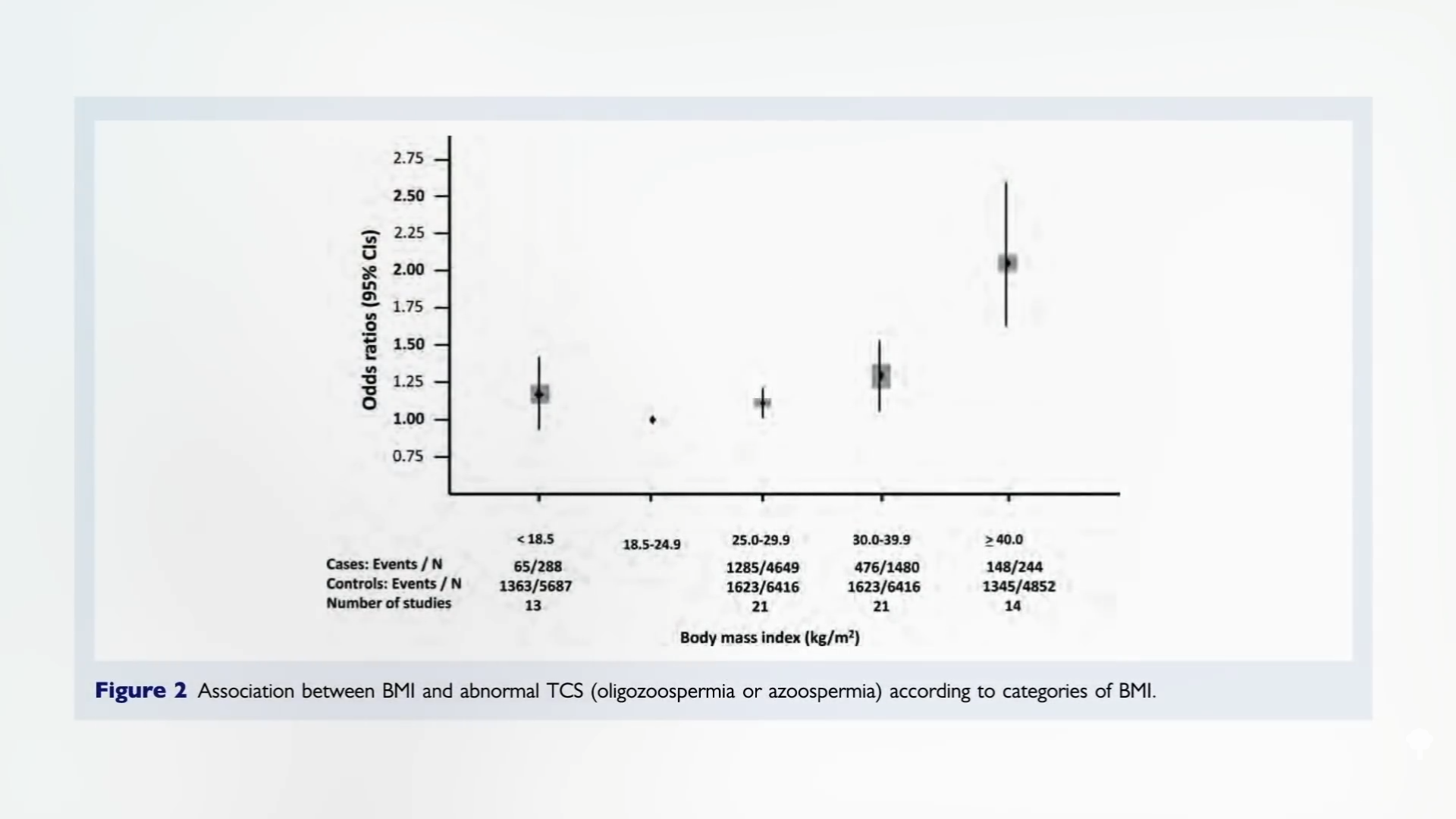Weight loss can decrease dementia risk and improve mental performance and fertility.
As I’ve discussed previously, in the ABCs of the health consequences of obesity, A is for Arthritis, B is for Back Pain and Blood Pressure, C is for Cancer, and D is for Diabetes. That brings us to E, which is for Encephalopathy.
Encephalopathy means brain disease. There are consistent data linking obesity in middle age to a higher risk of dementia later in life. Researchers found that individuals who are overweight have about a one-third higher risk of dementia and those who are obese in mid-life have about 90 percent greater risk. The risk isn’t limited only to future dysfunction, though. People with excess body weight don’t appear to think as clearly at any age.
“It was found that obese participants showed broad impairments on executive functions” of the brain, including working memory, decision-making, planning, cognitive flexibility, and verbal fluency. “From resisting temptation to keeping long-term goals in mind, executive functions play a critical role in everyday life,” noted a meta-analysis and review of 72 studies on the issue.
According to researchers, people may think about their obesity and the resulting stigma they experience as much as five times an hour, but the cognitive deficits do not appear to arise just from distraction; there are structural brain differences between individuals who are at an ideal weight versus overweight.
A review entitled “Does the Brain Shrink as the Waist Expands?” noted gray matter atrophy across all ages among those carrying excess body fat. It’s this reduced brain volume that has been correlated with lower executive function. As you can see below and at 1:42 in my video The Effects of Obesity on Dementia, Brain Function, and Fertility, compromised integrity of the rest of the brain—the white matter—suggests accelerated brain aging, even in young adults and children with obesity.

Cognitive deficits in younger populations suggest there’s something about obesity itself that is affecting brain function, rather than a later clinical consequence, such as high blood pressure. Purported mechanisms for this executive dysfunction include obesity-related inflammation and oxidative stress.
So, does weight loss improve cognitive function? Based on a meta-analysis of 20 studies, researchers found that mental performance across a variety of domains can be significantly improved with even modest weight loss. However, no studies have yet to be done to determine if this then translates into a normalization of Alzheimer’s disease risk.
Back to the ABCs of obesity’s health consequences, F is for Fertility—or rather failed fertility. “Overweight and obese persons seeking fertility should be educated on the detrimental effects of fatness and the benefits of weight reduction, including improvement in pregnancy rates,” one meta-analysis concluded. Men also may suffer impaired fertility. The heavier a man is, the greater his risk of having a low sperm count or being completely sterile, as you can see below and at 3:01 in my video. This may be due in part to the effects of excess body fat on testosterone levels.

Fat isn’t the primary site of estrogen production in only postmenopausal women, but in men, too. An enzyme in body fat converts testosterone into estrogen. Men losing weight and going from obese to overweight could potentially raise the testosterone levels in their blood by 13 percent.
A more dramatic cause of infertility in obese men is called a “hidden penis.” The condition, which is also described in the medical literature as a “hidden, buried, concealed, trapped, and inconspicuous” penis, occurs when excess fat in the pubic area subsumes the penis (since its base is attached internally to the pubic bone). The moist enfolding skin surfaces can result in chronic inflammatory dermatitis leading to scarring and requiring a surgical intervention.
If you missed the previous blog posts, I covered The Best Knee Replacement Alternative for Osteoarthritis Treatment and The Effects of Obesity on Back Pain, Blood Pressure, Cancer, and Diabetes.
I continue the topic of obesity and weight with videos in the related posts below.
I cover all of this and more at length in my book How Not to Diet, and its culinary companion, The How Not to Diet Cookbook, has more than 100 delicious, weight-conscious recipes. Request them from your local library.
For more on the health conditions discussed in this video, see the Alzheimer’s disease, cognition, and fertility topic pages.















